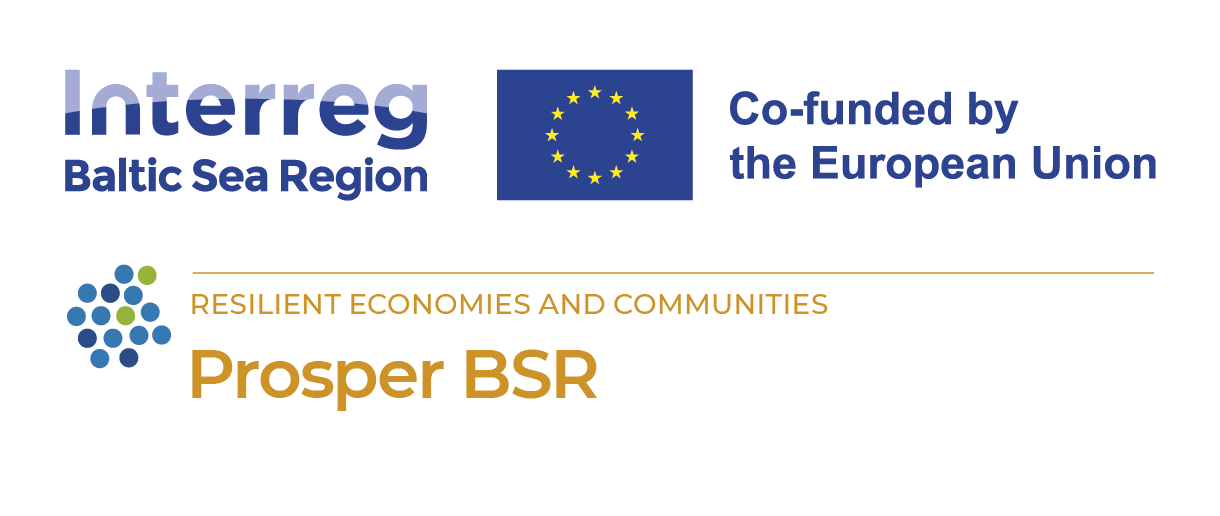
Support for Ukrainian Refugees: LCCI’s Charity Initiatives
LCCI supported Ukraine by delivering goods from Latvian companies. In collaboration with Agroplatforma, Ltd and Mozelllo, Ltd, LCCI created an online charity store, where Latvian entrepreneurs could sell goods at cost prices or lower. Donor funds were used to purchase these goods, which were then shipped to Ukraine. LCCI facilitated the process as an intermediary. Participating companies included “Gemoss” Ltd, “Felici” Ltd, “Rāmkalni” Ltd, and more. Four wagons of goods were sent to Ukraine. LCCI also encouraged Latvian businesses to mark Ukrainian-produced goods with the “Ukraine’s benefit” recognition mark.
Building a Refugee Integration Network in the Latvian Labor Market
LCCI has begun creating a network to integrate Ukrainian refugees into the Latvian labor market by reaching out to stakeholders and Latvian organizations that could offer job opportunities. Communication with the Ukraine Chamber of Commerce and Industry continues to strengthen future cooperation. LCCI’s goal is to connect Ukrainian refugees with Latvian companies that are looking to offer them employment.
Challenges and Key Learnings in the Integration Process
LCCI found it particularly helpful to have a wide circle of contacts to support the organization of various initiatives for Ukrainian refugee support. However, activity in this area has decreased over time. The charity shop’s early challenges included organizing goods that met the necessary transportation and storage requirements, such as long shelf life and non-perishable items. Despite these challenges, Latvian businesses were highly responsive in providing logistical support, including freight forwarding and packing services.
